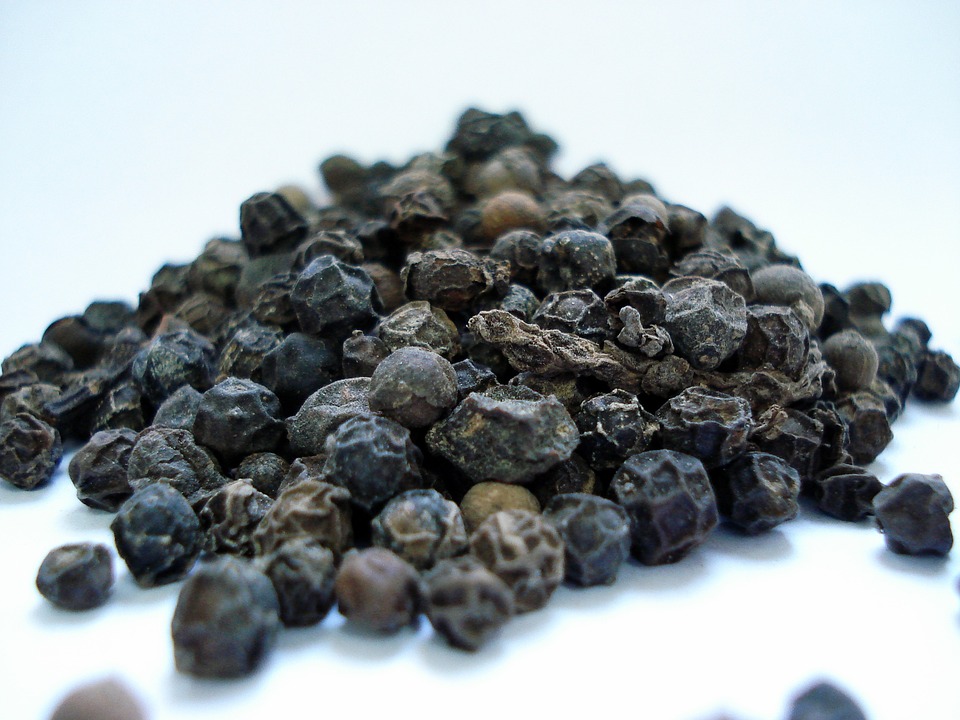Top 5 Plants With Better Antibiotic Effects than Synthetic Drugs
As time passes, antibiotics become less and less powerful, and a lot of people are losing faith in conventional medicine.

Modern studies have managed to confirm the therapeutic powers of plants, some of them exceeding most synthetic drugs when it comes to strength.
Medicinal plants have a multitude of ingredients and, by extension, much more complex active chemical principles. On the other hand, synthetic antibiotics are mere substances, usually composed of a single component.
Here’s a short list of some of the most powerful medicinal plants:
- Black pepper – mouth, throat and stomach infections
Black pepper (Piper nigrum) is a flowering vine which is farmed for its fruit. The fruits, black peppers themselves, iare dried and commonly used as seasoning or spices for various types of foods.
Since antiquity, black pepper has been utilized for both the flavor that it offers to food and for its powerful capabilities as a medical plant.
Recipe:
Mix 7 grains of freshly ground pepper, 1 tablespoon of lemon juice and 1 spoon of aromatic sesame oil. Consume 1 tablespoon of this mixture 3 times a day. Keep it in your mouth and chew it meticulously, then swallow it.
When it comes to dental or gum infections, slowly and gently massage the oil on the affected area using your fingers.
- Wormwood – gastric and intestinal inflammations
Wormwood contains over 150 antibacterial and healing substances.
Recipe:
Boil half a liter of water and then pour one teaspoon of dried wormwood. It’s recommended to drink 1 cup after every meal (breakfast, lunch, and dinner).
- Garden Sage – throat inflammation and chronic bronchitis
Salvia officinalis (sage, also known as common sage, garden sage) is a plant known for its medicinal properties. Originally, it was native to the Mediterranean area, though it has since been cultivated all around the world. Garden Sage has a long, rich history, having a multitude of uses ranging from traditional medicine, cuisine or as a mere ornamental plant.
Recipe:
Drop 1 teaspoon of cut garden sage leaves in a recipient. Pour 100 ml of boiled water on the cut garden sage leaves. Let them infuse for about 10 minutes, after which you have to grind them. Consume 2 mugs per day.
- Savory – lung infections
Take one handful of savory and dried savory flowers, put them in a vase, and pour half a bowl of boiled water over them.
Inhale the steam using your mouth, with your head cover by a towel for 10 minutes. Repeat the process twice a day.
- Eucalyptus – ear infections
Pour 4 drops of eucalyptus oil and 1 spoon of olive oil in a mug and mix them.
Apply the drops in the affected ear, and press your hand against the ear for a few times. Stay put for 5 minutes in order to let it do its job, then bend your head to the right to drop the oil from the ear. Then, apply the drops again. Repeat the process for 3 or 5 times.



